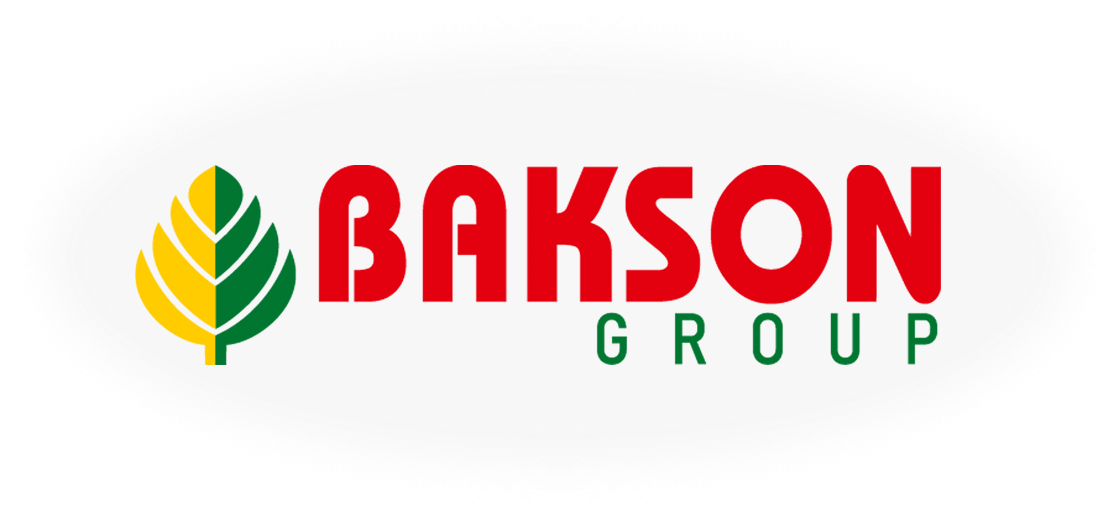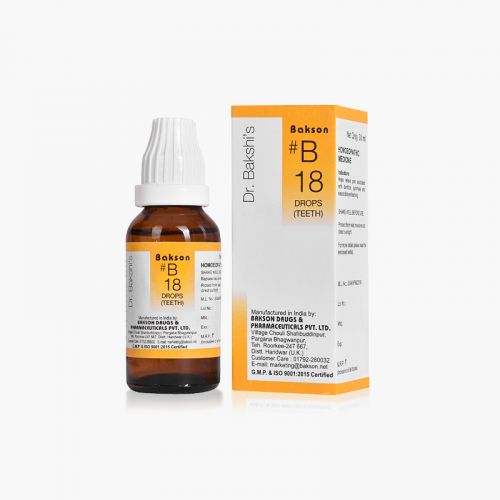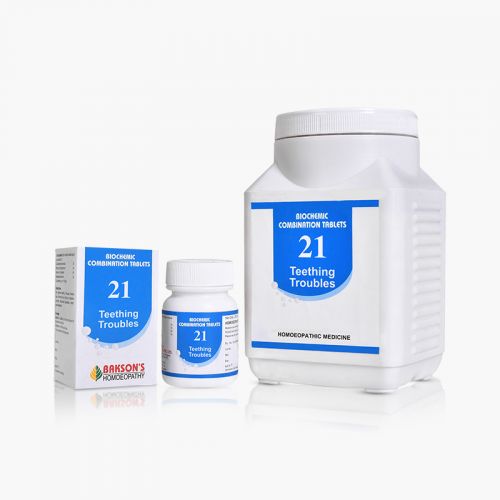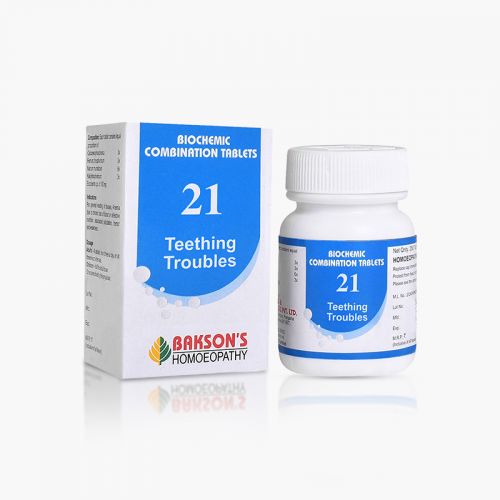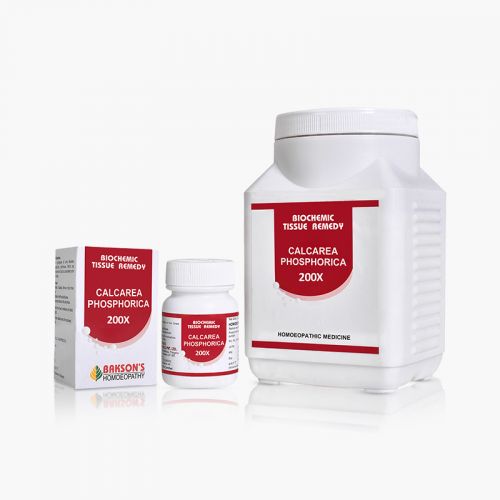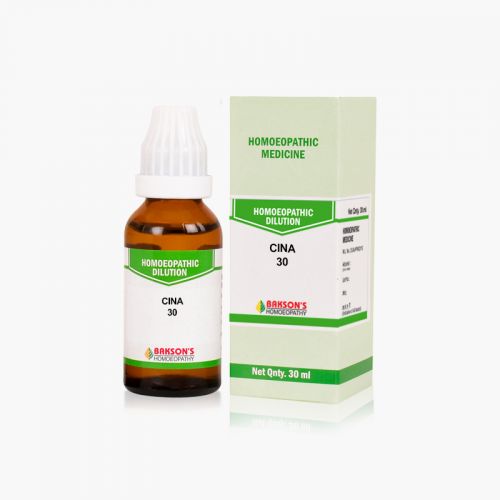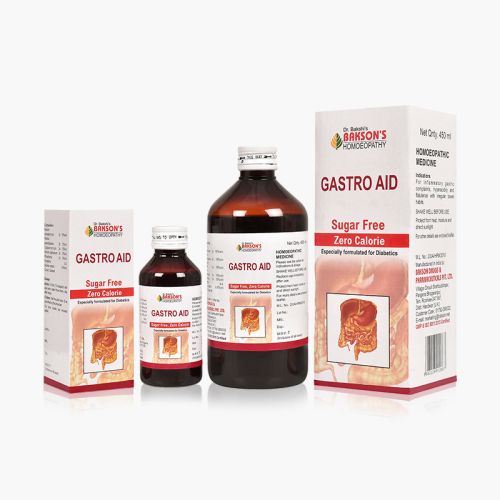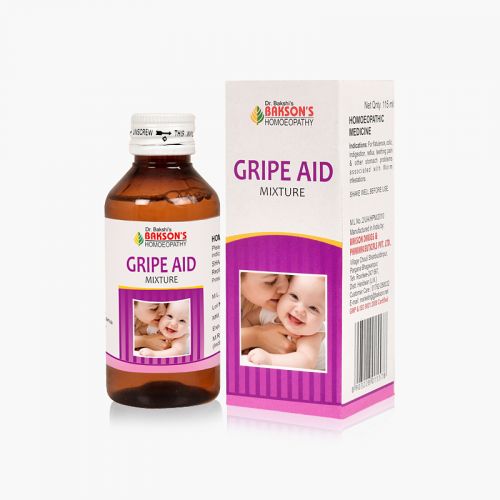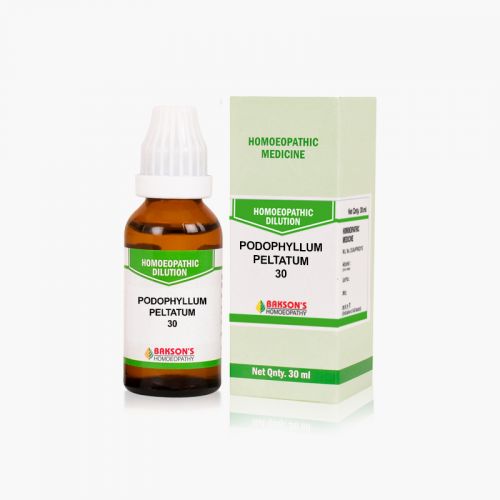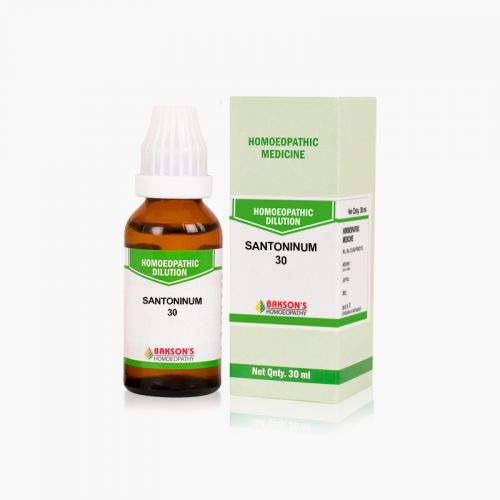We use cookies to make your experience better. To comply with the new e-Privacy directive, we need to ask for your consent to set the cookies. Learn more.
What is Bruxism?
Bruxism can be defined as the involuntary, unconscious, and excessive grinding of teeth. During bruxism, there is forceful contact between the biting surfaces of maxillary and mandibular teeth. It may occur while awake, and it is then called wakeful or diurnal bruxism, and also during sleep, which is known as nocturnal bruxism.
The main cause of bruxism is unidentified but is known to involve multiple factors. Bruxism can be subclassified into primary and secondary, whereas primary bruxism is not related to any other medical condition, secondary bruxism is associated with neurological disorders or is considered as an adverse effect of drugs.
It may be associated with other parafunctional activities such as cheek biting or lip biting. There will be hypertrophy of masseter muscle accompanied by tenderness or fatigue of masticatory muscles. There will be tenderness of TMJ, which may manifest as otalgia.
Treatment Indications
The treatment of bruxism is indicated when there are following possibilities:
- Mechanical wear of the teeth
- Hypersensitive teeth
- Loss of periodontal support
- Tooth fractures
- Restorations fractures
- Restorations or dental implants failure
- Hypertrophy of masticatory muscles
- Tenderness and stiffness in jaw muscles
- Temporomandibular pain
- Pain in the preauricular region
- Clicking and tenderness of the temporomandibular joint
- Headaches occuring due to muscle tenderness associated with the temporalis muscle
- Unpleasant loud noises during sleep which cause sleep disturbances
Management
Management of bruxism depends on finding the cause and treating accordingly. Diurnal bruxism is managed with the help of interventions like habit modification, relaxation therapy, biofeedback.
In patients with medication or drug-induced bruxism, medication withdrawal or substitution should be considered. Dietary counseling and management may be essential in some cases, such as excessive use of caffeine and tobacco.
Methods for Bruxism Management are as follows:
- Occlusal Splints - worn at night to guide the movement so that the periodontal damage is minimal.
- Psychotherapy- Patient counseling can lead to a decrease in tension and also create awareness of the habit.
- Physical Therapy
- Relaxation Training
- Biofeedback- This technique utilizes positive feedback to enable the patient to learn tension reduction. It is carried out by allowing the patient to view an electromyography (EMG) monitor while the mandible is postured with a minimum of activity.
Disclaimer: The information provided herein on request, is not to be taken as a replacement for medical advice or diagnosis or treatment of any medical condition. DO NOT SELF MEDICATE. PLEASE CONSULT YOUR PHYSICIAN FOR PROPER DIAGNOSIS AND PRESCRIPTION.
- BAKSON #B 18 DROPSSpecial Price ₹ 160.00 Regular Price ₹ 200.00
-
- BCT # 21 (TEETHING TROUBLES)-250TABSpecial Price ₹ 84.00 Regular Price ₹ 120.00
-
-
- GRIPE AID MIXTURE-115ML₹ 95.00
- PODOPHYLLUM PELTATUM 30₹ 100.00
- SANTONINUM 30₹ 100.00
